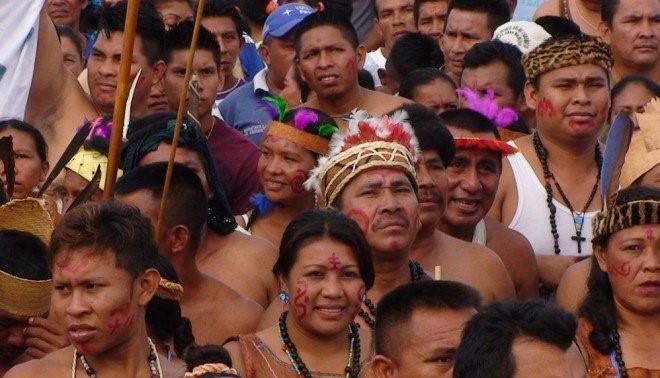Unlock the power of your tribe

Our physical evolution has progressed infinitely slowly over millions of years. By contrast, our social evolution is progressing at a rapid pace, and it is easy to overlook the fact that our minds and bodies remain the same as we were thousands of years ago when society was very different. Our brains contain the Limbic system, shared with other mammals, and its function is to help us survive. That part of our brain runs on auto, constantly assessing our surroundings for signs of danger or opportunities to enhance our chances of survival.
We have evolved to operate most effectively in social groups – in effect we are pack animals just like wolves, deer and many monkey species. Living in groups gives pack animals a great survival advantage. There are many eyes to spot danger, the group can fight off predators or other groups competing for resources, and the less able individuals can be cared for by group members.
In today’s society we take this group organisation for granted. We accept the advantages of group organisations for government, employment and family. But that desire of tribal belonging is not simply rational, it is embedded deep within our Limbic system and triggers our emotional responses to daily events. Our sense and need of belonging is not limited to our immediate social groups. A sense of well-being is triggered whenever we interact with people that we discover share a common interest or experience. If we meet someone who shares our hobby, went to the same school, lived in the same town or has children of the same age we automatically experience an internal flicker of interest – we can’t help it. They are part of our virtual tribe.
The list of these virtual tribes is endless, and can be very sudden or transient. A speaker tells a funny story at the start of a presentation and we all laugh – in that moment we are a tribe sharing a common experience. A group of people standing at a bus stop suddenly startled by a huge clap of thunder will immediately group together and start talking. The reaction is automatic, it is our survival response kicking in.
Is this just an observation, or could you use it? I think there are huge advantages in knowing about and making use of our tribal behaviour. In networking conversations, building rapport with prospects and customers, building audience engagement in a presentation, leading teams, business meetings, internal and external negotiations – in fact any situation where there is an advantage in building rapport, we need to be aware of the importance of tribal behaviour. LinkedIn is a brilliant resource for uncovering tribal connections. Simply looking at a profile before a meeting will give you numerous clues for tribal connections that will help build that vital relationship.
Here’s a quick exercise that you can do:
- Think how many tribes you belong to, that you could make use of in your work and career progression
- Think how many tribes your customers belong to, and how you can use that to create powerful customer initiatives for new business and customer retention
By Neville Merritt, Director, Pure Potential
